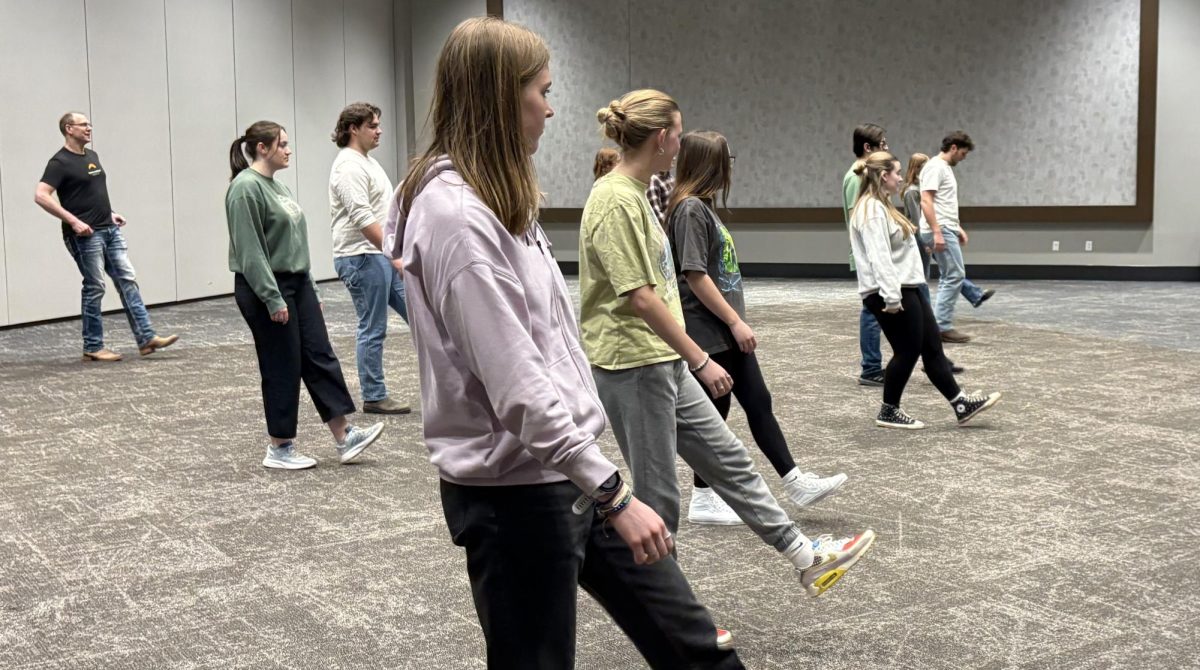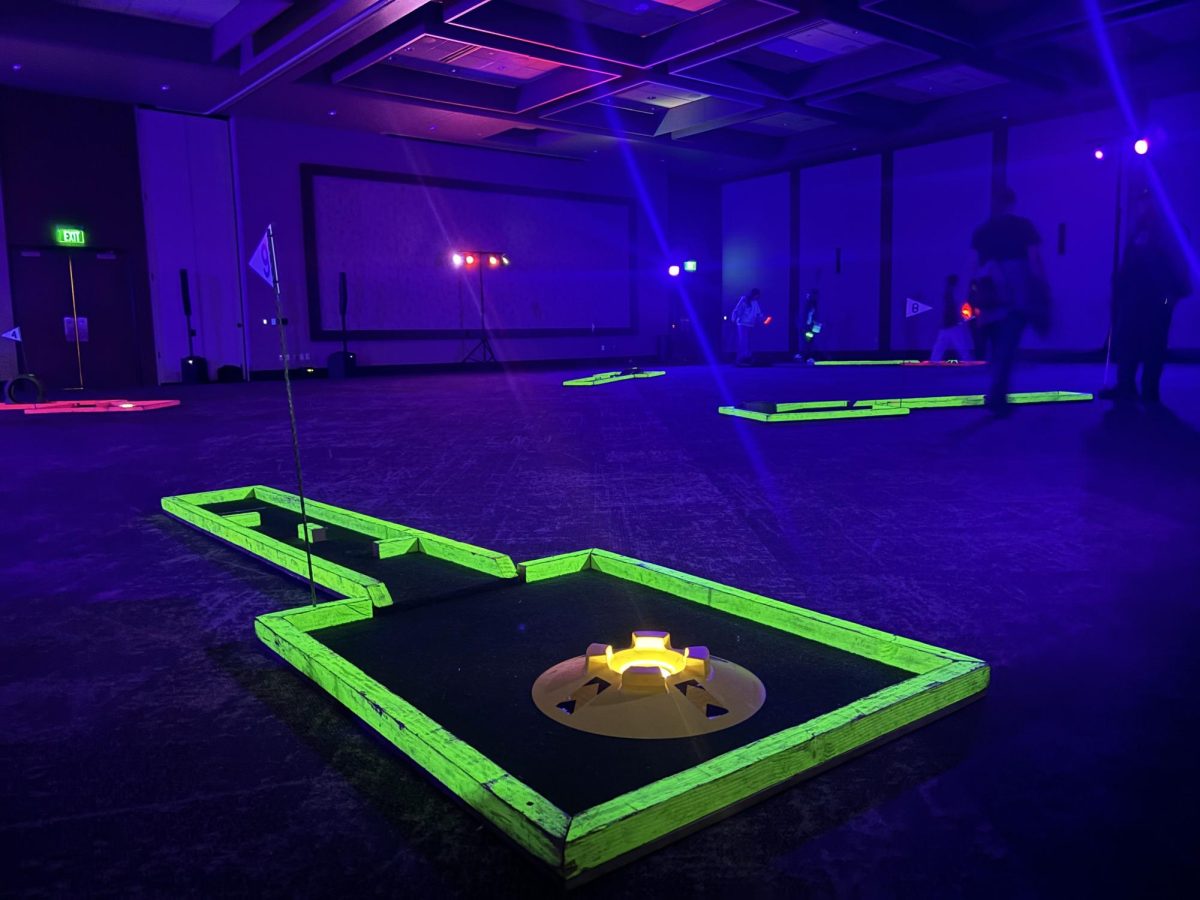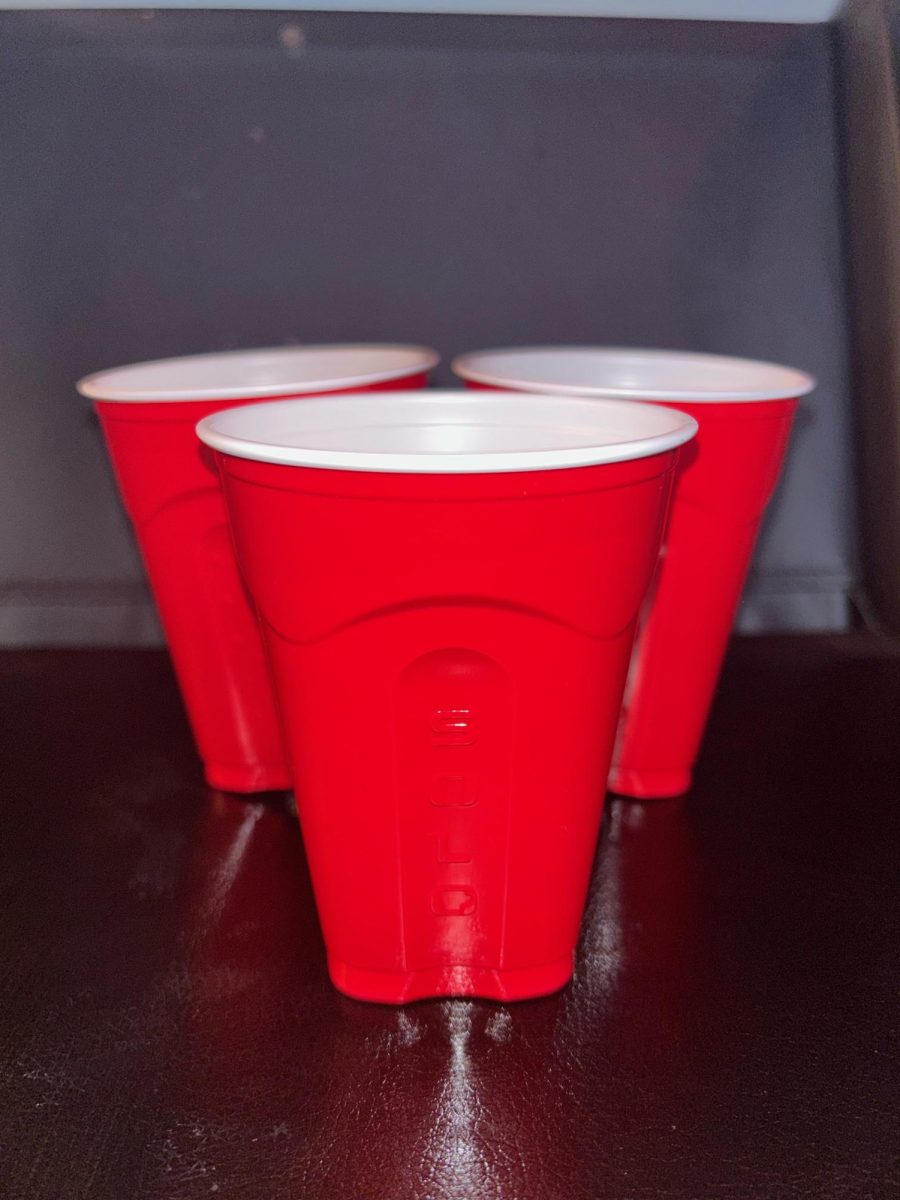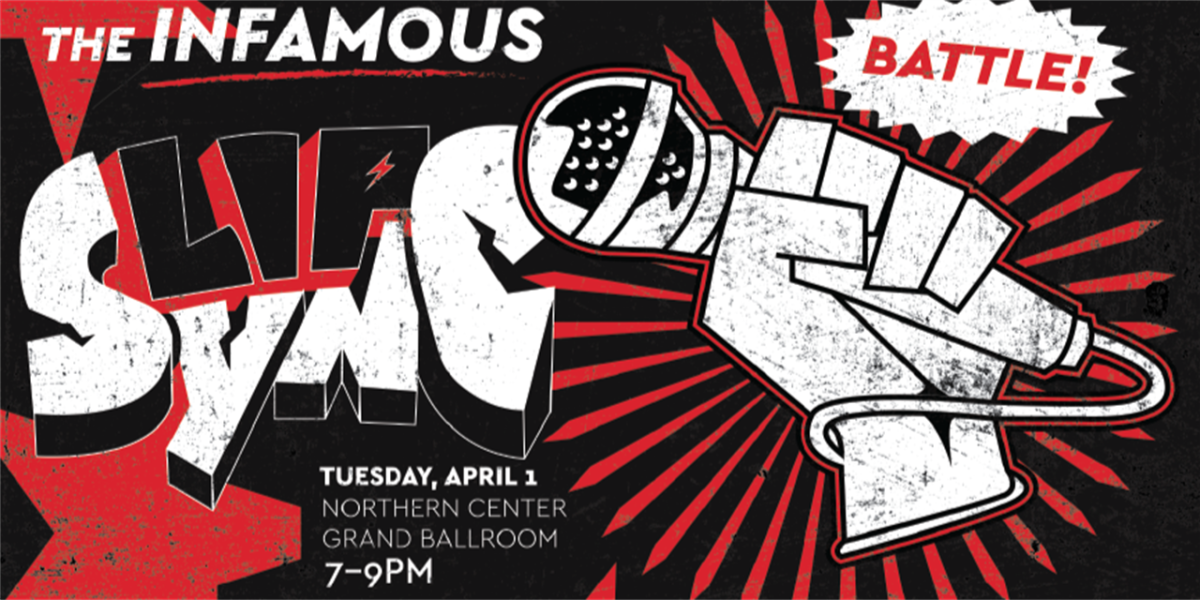I’m a cargo pants and flannel every day kind of guy. They’re functional and comfortable, like a hug from an old friend. Getting ready in the morning, the only real thought I give for my appearance is taking a shower—I do that for the greater good of humanity—I’d hate for anyone to be blinded by my horrendous bedhead.
But other than that, I tend to approach life easy, just sauntering along with little care for what others think of my exterior.
But a lot of people aren’t like that. Some girls won’t even leave their rooms without makeup on. Likewise, some guys spend as much time in front of mirrors as ladies do. But “If you can’t judge a book by its cover,” then why do humans spend so much time fancying their covers?
Take this for example: So many people I know constantly talk about exercise. You’d think their entire lives are devoted to getting “swoll.” It drives me up the wall that in gyms there’s mirrors everywhere, so as you pump iron you can watch your muscles grow and tell yourself how ripped and hunky you’re getting. It’s narcissism at its most obvious.
I’m not saying that exercise and other ways to look dapper are bad, but I am saying that why we do them might be.
There are only three typical reasons I can think of for getting yourself fancied-up. First, because you have to—your job or a formal occasion demands it. Second, because you’re trying to impress somebody, who, you hope, by just seeing you in your Sunday best will automatically amend his or her prior views and praise your precarious perfection (or at least they’ll buy the lie for a while that you look like this all the time).
Lastly, to simply feel good about yourself. You think “If you look good, you’ll feel good,” and maybe that’s true, at least in your head. I’m not judging.
Those are all sensible reasons to look good. But the questions with anything we do habitually are: Why am I doing this? How much does this dictate my life? And will I be any worse off if I stop?
Most of the time, the answers will probably be: “I don’t really know,” “A lot actually” and “Not really.”
The writer Oscar Wilde once said, “It is better to be beautiful than to be good.” That underlying idea pollutes our culture. We’re obsessed with image, with spectacle. To use an extreme example, that’s why, disgracefully, people take selfies at Holocaust memorials. They crave “likes” and acceptance and they sacrifice decency. If dark humor is the coin of popularity, then that’s the price they’ll pay. But really, it’s nothing to laugh at.
Wilde is dead wrong. There’s nothing as beautiful as goodness—and nothing as revolting as beauty that’s superficial or rotten beneath the surface.
Consider what an unsatisfying surprise is biting into a wax apple—you expect food, and you get a mouthful of gross disappointment. Of course, we all know better—“It’s what’s on the inside that matters”—yet we have to remind ourselves constantly to battle a tide of consumer-culture lies.
Not everyone can look like a supermodel, no matter how much makeup they wear or muscles they gain. Appearance is never a substitute for substance, and certainly it is no replacement for character.
“Dress for the job you want, not the job you have.” Sure, but don’t forget to be the kind of trustworthy employee that faithfully executes his or her duties regardless of the job. The same goes for friendship and anything else that we ought to hold dear.
When you die, how do you want folks to remember you? As the girl who wore too much makeup? As the guy who was always hitting the gym? Personally, I’d rather they cried with joy for the good I’ve done, for sorrow that I’m gone, and with hope that they’ll see me again in the future.
This world is full of too many real problems like hunger and war to worry about our own body-image insecurity. I wish everyone would just be OK with their own bodies, alter them only when necessity demands or when that’s what they truly want, and remember to live life in the real world—not in front of a mirror.

























